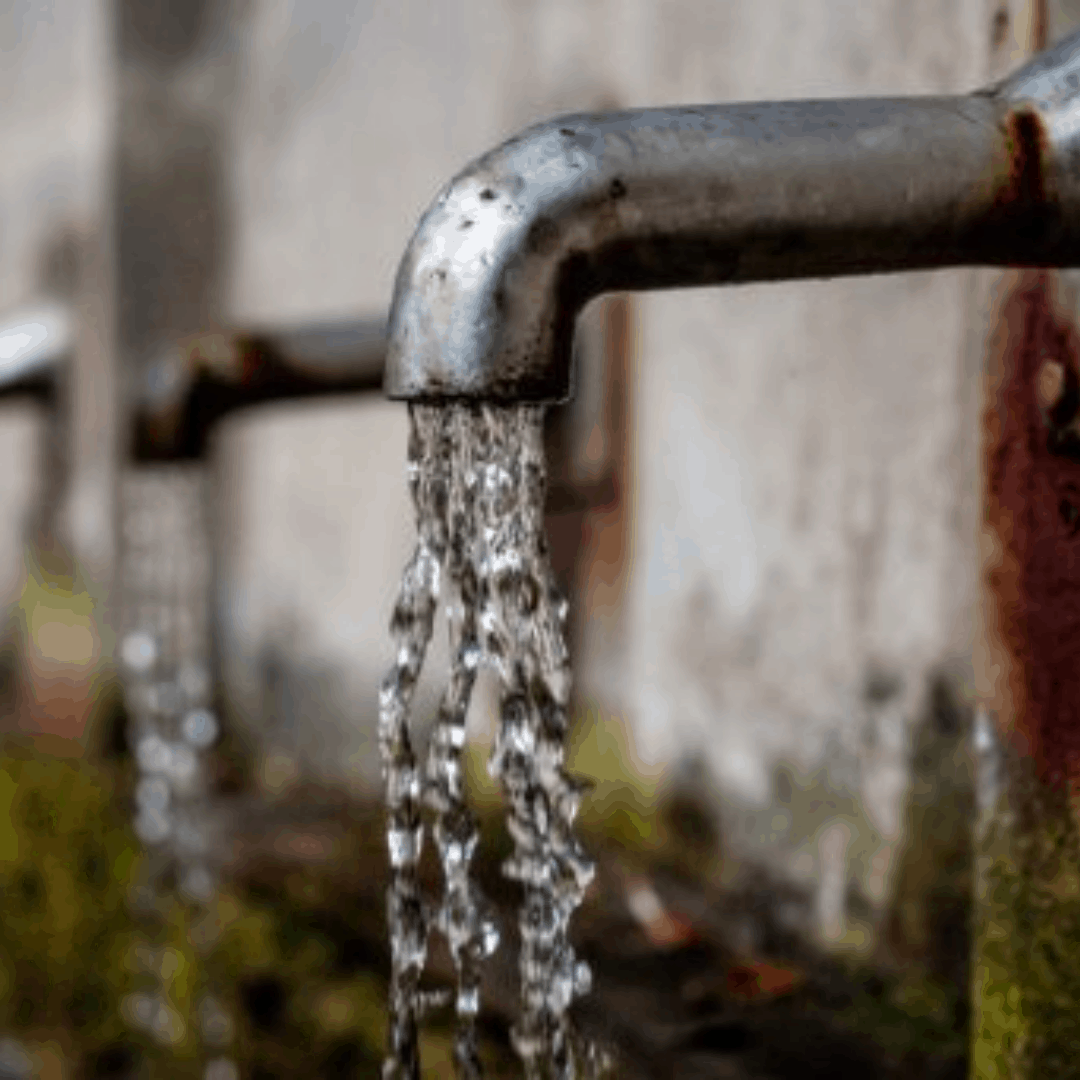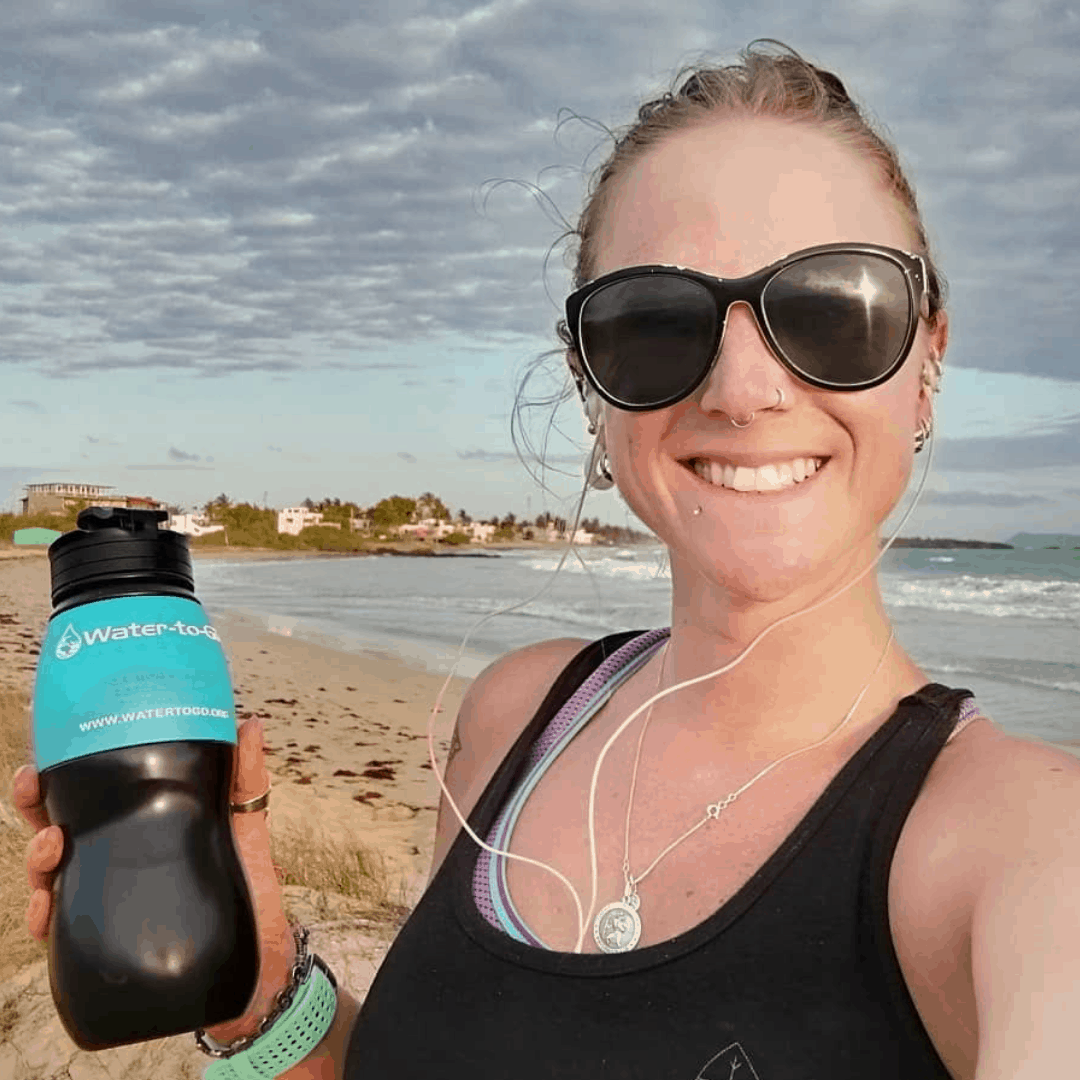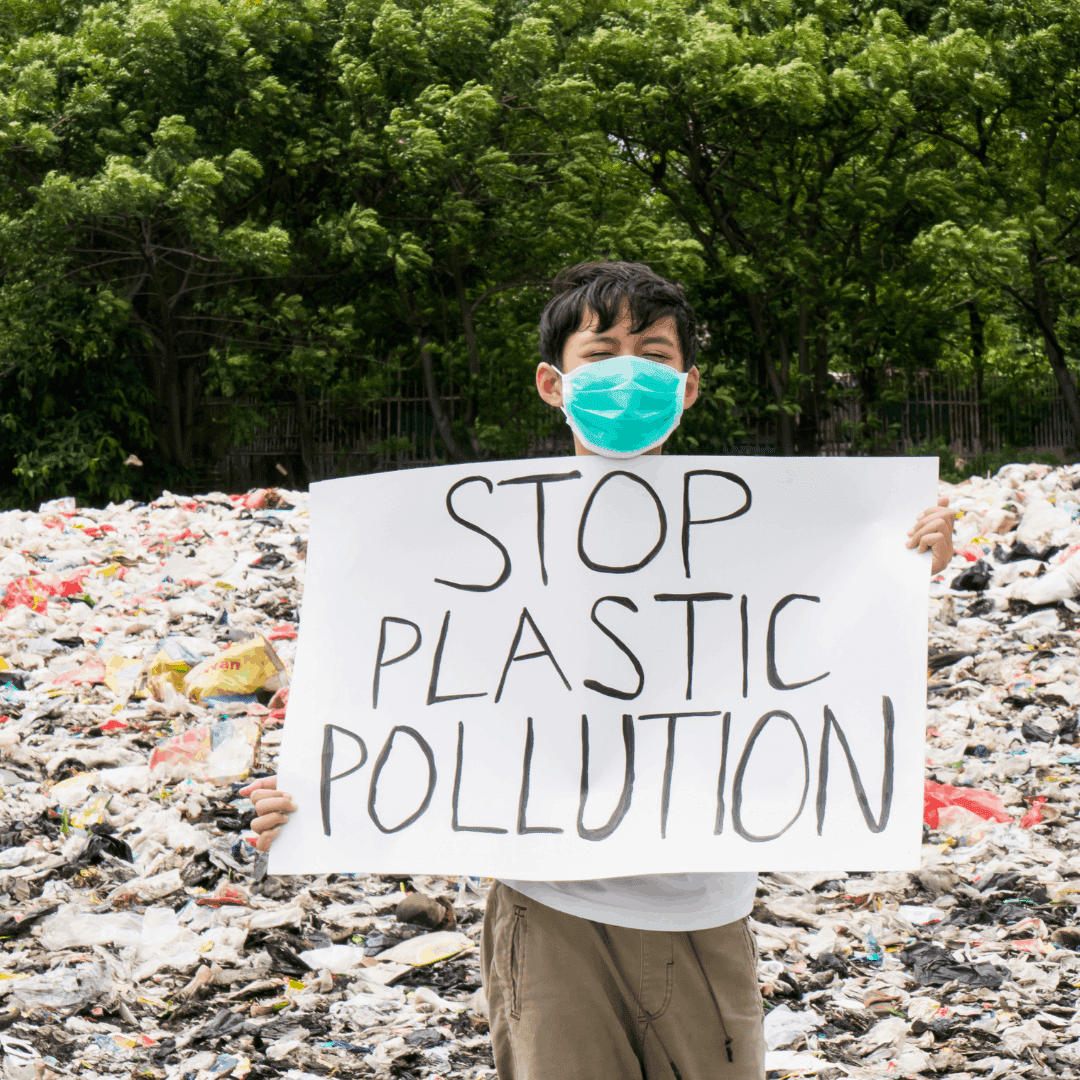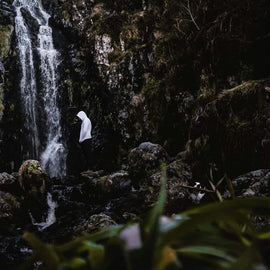A tropical vacation is long overdue, and you owe it to yourself. After thinking long and hard about where to go, you set your eyes on the beautiful Dominican Republic. A breathtaking Caribbean nation known for its plentiful beaches and beautiful resorts. While the picturesque landscape may encourage you to let your guard down, digesting tap water is one instance you should not, especially in the Dominican Republic.
According to the Centers for Disease Control, you should only drink purified or bottled water with sealed tops. While it may sound alarming, there is an easy explanation for it. Your body is not accustomed to the microbes in the Dominican Republic's water. Drinking from the tap only increases your chances of contracting an upset tummy or traveler's diarrhea. When vacationing in paradise, who has time for that?
You are probably wondering, is the water that bad? It can be. A host of diseases and parasitic-borne illnesses in tap water can negatively affect your liver, lymph nodes, and overall health. But that is not all. While cholera may be a rare occurrence in some countries, it is commonly reported in the Dominican Republic due to drinking tap water, with some cases being severe.

Should You Brush Your Teeth With Tap Water in the Dominican Republic?
Using water while brushing your teeth is almost unavoidable. The more contact you have with tap water, the more likely you will come in contact with harmful bacteria. Thus why brushing your teeth with tap water is not suggested. Before you brush, gargle or rinse, ask your host or concierge if the property offers access to purified water during your stay. If they do not, brush your teeth using boiled, bottled, or filtered water. We recommend using Water-to-Go's Active Water Bottle. It is a safe and convenient way to filter all contaminants found in the water. If your stomach is more sensitive than most, stick with bottled water. Because we are creatures of habit, keep a water purifier filter bottle or bottled water by the sink. It can serve as a helpful reminder to avoid the tap.
Is It Safe to Shower in the Dominican Republic?
Yes, you can shower in the Dominican. However, all it takes are a few drops of contaminated water for you to spend a week's long vacation attached to a porcelain throne. Be sure to keep your mouth closed to avoid accidentally swallowing water. Try not to sing or talk in the shower.

Is It Safe to Have Ice in the Dominican Republic?
There is good news and not-so-good news. The good news is that many resorts in the Dominican Republic use purified water to make their ice cubes, making it safe to use in your drink. The bad news is that bars and restaurants outside of the resort are a different story, and they may have used unfiltered tap water to make their ice, which is not the safest to consume.
Do not be afraid to ask how the ice cubes are made. If you still are not sure, then hold the ice. Better to have a room-temperature beverage than a ruined vacation because of one iced drink.
Rethink Leafy Greens, Fruits, and Veggies.
Stay away from fresh fruits and veggies while in the Dominican Republic. Food items such as leafy greens, fruits, and veggies are more likely to be rinsed in unfiltered water. A fruit and vegetable wash, like Microdyn, is a safe way to rinse your fruits and veggies before eating. Consuming fresh fruits and veggies could be risky if you cannot get your hands on a germ solution.
Altering food selections is your best bet for staying healthy during your trip. According to the Mayo Clinic, the general rule of thumb for eating raw fruits and veggies in the Dominican Republic is to boil them, cook them, peel them or forget them 2. Peelable fruits and veggies like bananas and avocados are safe to eat, and their non-peelable counterparts, such as grapes and berries, are not.
Here is more bad news. As tempting as it may be, you should also avoid fresh salsa. The fresh vegetables that make up the tasty sauce are probably washed with non-filtered water. Kindly pass if it is offered. Better to give it up than pass it another way.
What is Safe to Drink in the Dominican Republic?
When visiting the Dominican Republic, it is safe to drink:
- Purified, filtered, or boiled water – This is water that has been treated once it leaves the tap. Water to Go's water purifier filter bottle will eliminate up to 99.999% of the dangers in unfamiliar water.
- Carbonated drinks and bottled water inside sealed bottles – Make sure that it is "uncapped" in your presence.
- Concentrated beverages mixed using treated water – If you are not sure of the water source, skip the mixed beverage.
- Hot tea and coffee – Tea and coffee should always be served at boiling temperatures to kill bacteria. Also, be mindful of what you put in your drink. It could contaminate your drink with the same microbes that you are cautioning away from.

Other Everyday Things to Think About.
Grabbing a cup of coffee or tea in the Dominican Republic may remind you of the comforts of home. However, it is important to ensure that your coffee or tea is boiling hot to kill harmful bacteria. Also, beware of what you put into your cup, as it could cause contamination of the drink, regardless of temperature.
If your adventure involves little ones, you also want to pay close attention to what they drink. When preparing baby bottles, drinking water, cereal, or oatmeal, use filtered instead of tap. Anything that requires water (unless it is boiled) should be filtered. Both kids and adults should avoid drinking mixed juices from unfiltered water sources in the Dominican Republic.
Are you a fan of fountain drinks? If so, this tip is for you. Drinks served from a fountain are also deemed risky because they are mixed with carbonation, syrup, and unfiltered tap water, so avoid fountain drinks. Alcoholic beverages are something to avoid as well. They are not all equal when it comes to killing bacteria. However, that does not mean you cannot drink. Canned beer and bottled wine are okay to drink when traveling in the Dominican if you choose to do so.
What to Do if You Are Feeling the Symptoms from Drinking Water in the Dominican Republic.
Hydration can take the symptoms of traveler's diarrhea and tummy aches from bad to worse. Make sure to drink plenty of water or electrolyte fluids to help keep you hydrated. Water is also great for flushing bacteria out of your system. Grab your Water-to-Go travel filter bottle, fill it with water or a purified water source, and drink. Your recovery depends on it.
Rehydration salts are also a great way to rehydrate. They replace the fluid you lost due to diarrhea and vomiting and can be found at most pharmacies. No one ever expects to fall victim to illness when traveling, making it difficult to predict. If you cannot get your hands on rehydration salts, do not worry. Use this simple hydration solution instead:
¾ teaspoon table
2 tablespoons of sugar
1 travel Water-to-Go bottle
Sugar-free flavor powder (like Crystal Light)
The aftermath of diarrhea and vomiting can be grueling. In addition to non-contaminated water, you need food that you can stomach so your body can revert to its normal levels of function—ever heard of the bananas, rice, applesauce, and toast (BRAT) diet? If not, it still is a thing but is no longer recommended because it restricts the body of essential nutrients. Created by dietitians, this nutritional rule initially included four items thought to be bland enough not to cause more stomach troubles. However, there is one message that nutritionists can agree on, caffeine and dairy products are not on the "take" list when trying to battle against a sour tummy.
If you notice anything that is out of the ordinary, such as a fever or prolonged symptoms, call your local embassy or consulate for help locating a physician nearby.
Are filtered water purification bottles enough to keep you healthy in the Dominican Republic?
It depends solely on the bottle. Most filtered water bottles have charcoal filters that may be good for microbiological contaminants, but not all. They lack protection from viruses like Hepatitis A, chemicals, pesticides, and dangerous heavy metals like lead.
On the other hand, water purification bottles have advanced filters with multiple stages of filtration technology. Water-to-Go features a unique 3-in-1 filter that removes bacteria, chemicals, heavy metals, parasites, pesticides, and viruses in the Dominican Republic's water.
Why single-use plastic bottles are a bad idea.
Bottled water is easy to find in the Dominican Republic. Only buy familiar brands and check to see that the cap is sealed. Refilling your plastic bottle at any tap might be a habit at home, but it is not recommended in the Dominican Republic. When you are finished, toss or recycle your bottle. Do not refill it unless you are filling it from a purified water source.
While single-use plastic bottles may be convenient for us, that may not be true for our environment. All that plastic adds up. It causes damage to your wallet and the planet. Did you know that one million plastic water bottles are bought (worldwide) every minute? More than 17 million barrels of oil are required to produce enough plastic water bottles to meet America's annual demand, and 79% of that plastic is not recycled. It ends up in landfill, our oceans, and on our beaches. However, there are solutions. One Water-to-Go 26 oz filter equals 400 single-use plastic bottles.

More water, less weight.
When touring sites of the Dominican Republic, the last thing you need is water bottles weighing you down. A water purifier bottle gives you the freedom to carry just one bottle. Fill this easy-to-use and versatile bottle with water from any source, and in seconds, you are doing your part to help with the world's plastic pollution problem.
Conclusion
When vacationing in the Dominican Republic, it's best to play it safe. Always avoid drinking local tap water unless your hotel or restaurant has a purified water source. Use caution when consuming ice cubes, fresh salads, and fresh fruit. Consider a water purifier filter bottle as an easy way to ensure access to pure water in the Dominican Republic. Caution and preparation can mean the difference between the Dominican vacation of your dreams and a gastrointestinal nightmare.
Source(s)
1Dominican Republic – Travelers health. Centers for Disease Control and Prevention
2Traveler’s Diarrhea. Mayo Clinic
